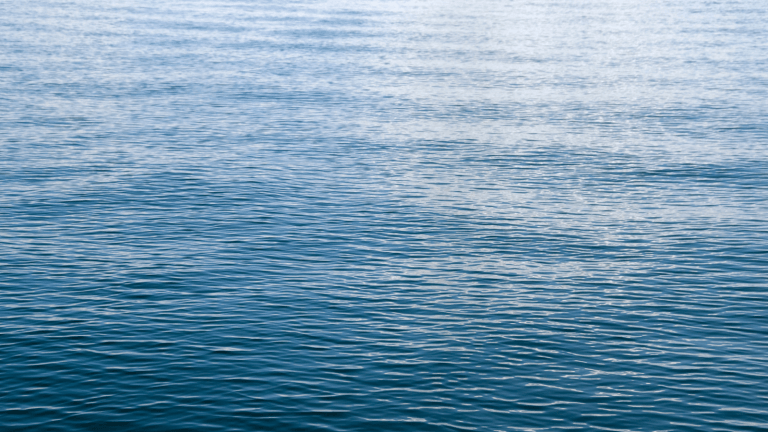Date of issue: 15 June 2022
We, the North Atlantic Pelagic Advocacy Group (NAPA), issued a Position Paper setting out concrete actions that Coastal States can take to resolve unilateral quota-setting in Northeast Atlantic pelagic fisheries on 7th March 2022.
One of the report’s conclusions was misquoted in a recent press article as recommending a zero TAC if Coastal States cannot come to a sharing agreement.
We wish to stress that NAPA has never advocated for a zero TAC for Northeast Atlantic mackerel, Atlanto-Scandian herring, and blue whiting. The suggestion of a zero TAC was proposed in a paper by the Nordic Council, as one possible measure that could help to ensure an allocation mechanism is adhered to by Coastal States if an agreement cannot be reached. This concept was referenced as an example approach in our Position Paper, and is not reflective of NAPA’s position.
We have since updated our position paper, providing additional context:
Once an allocation mechanism has been established, there has to be sufficient incentives for parties to adhere to it; unilateral quotas should not be an option. It has previously (ref) been suggested that if coastal states do not come to an agreement on the sharing of the TAC, the TAC should be set to zero. Alternatively, interim or default allocation keys could be applied to a reduced TAC for years when coastal states fail to reach agreement. The purpose for this would be to ensure that the benefits of being part of a cooperative arrangement are greater than the potential benefits of withdrawing from the arrangement.
We believe that it is vital that these fisheries have an effective allocation mechanism in place with appropriate incentives to encourage all Coastal States to agree and commit to sustainable catch shares.

Date of issue: 15 February 2023 Since 2015, the North East Atlantic Coastal States have...
Read More >
In an open letter to the Norwegian Government, the North Atlantic Pelagic Advocacy Group calls...
Read More >
The North Atlantic Pelagic Advocacy Group has been shortlisted for The Sustainability Award in the...
Read More >